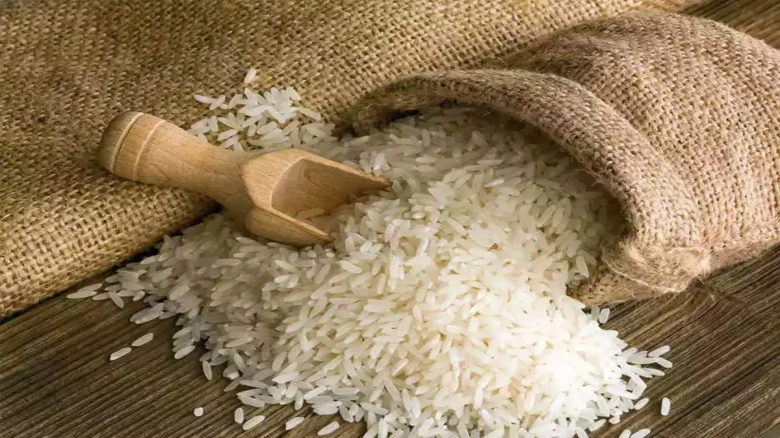Regional

The decrease in import taxes is anticipated to boost Bangladesh's demand for rice.
Digital
Desk: The
government has now prohibited the export of any kind of broken rice, weeks
after outlawing the sale of wheat flour in an effort to regulate costs. With
immediate effect, this has taken effect. Around 4 million tonnes (MT) of rice
would no longer be exported due to the prohibition.
The "Free"
export policy for broken rice with HS code 1006 40 00 has been changed to
"Prohibited". The notification will take effect on September 9th,
2022. According to a notification issued by the Directorate General Foreign
Trade (DGFT) on Thursday, "the regulations provided in Para 1.05 of the
Foreign Trade Policy 2015-2020 regarding transitional arrangements shall not be
applicable under this Notification" (September 8). The DGFT is a division
of the commerce ministry that handles issues pertaining to imports and export.
Since Bangladesh, India's
neighbour, again reduced import taxes on rice from 25% to 15%, rice prices in
India have risen by around 5% during the previous week. The decrease in import
taxes is anticipated to boost Bangladesh's demand for rice.
India produces 40 percent
of the world's rice, trailing only China in terms of production. In addition to
the increased demand, paddy cultivation was also lower this year, which is
driving up the price of rice. In comparison to the same period the previous year,
the total area under paddy cultivation decreased by 5.6% to 383.99 lakh
hectares as of September 2.
Last year in 2021, India
produced around 111 MT of rice in the Kharif season.
The DGFT notification
states that broken rice consignments will be permitted for export between
September 9 and September 15, 2022, in the following circumstances: I where
loading of the rice on the ship began before this Notification; ii) where the
shipping bill is filed, vessels have already berthed or arrived and anchored in
Indian ports, and their rotation number has been assigned before this
Notification. The approval of loading in such vessels will be issued only after the confirmation.
“The Central Government, in the exercise of powers
conferred by Section 3 read with section 5 of the Foreign Trade (Development
& Regulation) Act, 1992 (No. 22 of 1992), as amended, read with Para 1.02
and 2.01 of the Foreign Trade Policy, 2015-20, hereby amends the Export Policy
of broken rice against ITC (HS) code 1006 40 00 of Chapter 10 of Schedule 2 of
the ITC (HS) Export Policy," the notification said.
According to the report,
Bangladesh imports the sambha mansoori, sonam, and kolam types of rice whereas
Bangladesh exports rice from Uttar Pradesh, Madhya Pradesh, Karnataka, West
Bengal, and Bihar. Additionally, it stated that these varieties' prices had
already risen by 3% to 4% over the previous week.
The proposal to change
the policy of exemption for wheat or meslin flour was recently authorized by
the Cabinet Committee on Economic Affairs (CCEA), which is presided over by
Prime Minister Narendra Modi, in order to manage domestic pricing. The action
now makes it possible to impose curbs on wheat flour exports, which will
guarantee a stop to the nation's rising wheat flour prices.
The price of wheat flour significantly increased in the domestic
market as a result of the rising demand for wheat flour on the global market.
color:black;mso-themecolor:text1">
Leave A Comment